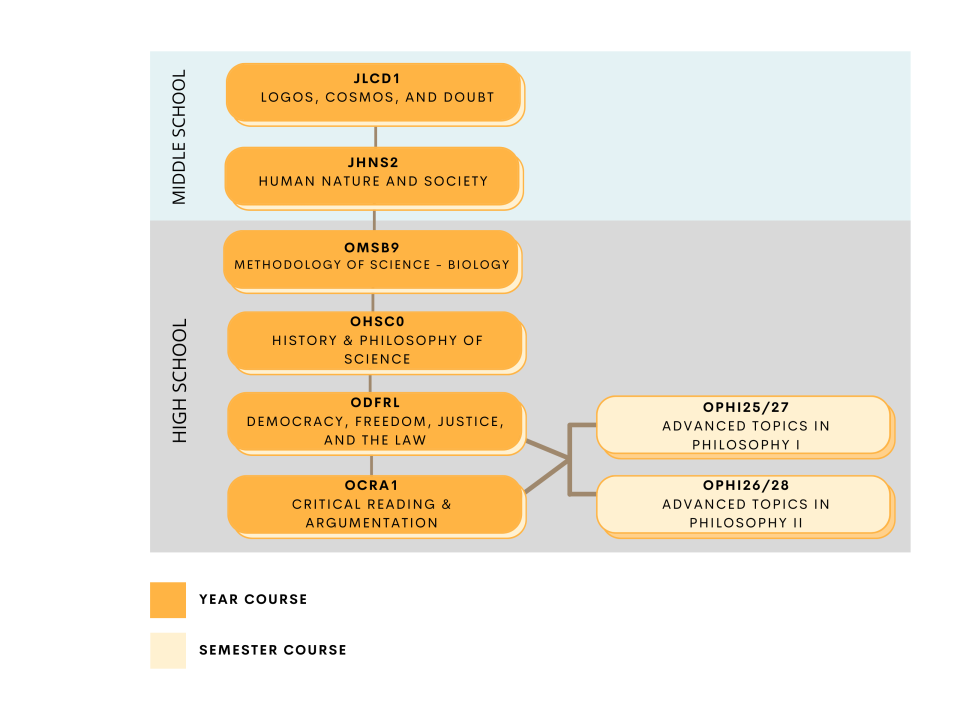This year-long course examines the context in which science flourishes and the nature, benefits, and limitations of doing science by exploring its significant ideas, observations, and experiments. Using a historical survey approach, students examine the interplay between observations of the physical world, attempts to explain those observations, and the methods used to test the resulting explanations. As part of the methodology of the inquiry, students learn and practice the skills of philosophical analysis, logical argument, and criticism. Topics may include Aristotle’s physics and biology; ancient astronomies in Hellenistic and Islamic cultures; ancient medical study in Greece, China, and India; the transition to a heliocentric Copernican astronomical model and the advent of modern scientific revolutions; the rise of chemistry; and modern advances including the development of atomism, electromagnetism, evolutionary theory, relativity and quantum theory, and key issues in contemporary philosophy of science.
